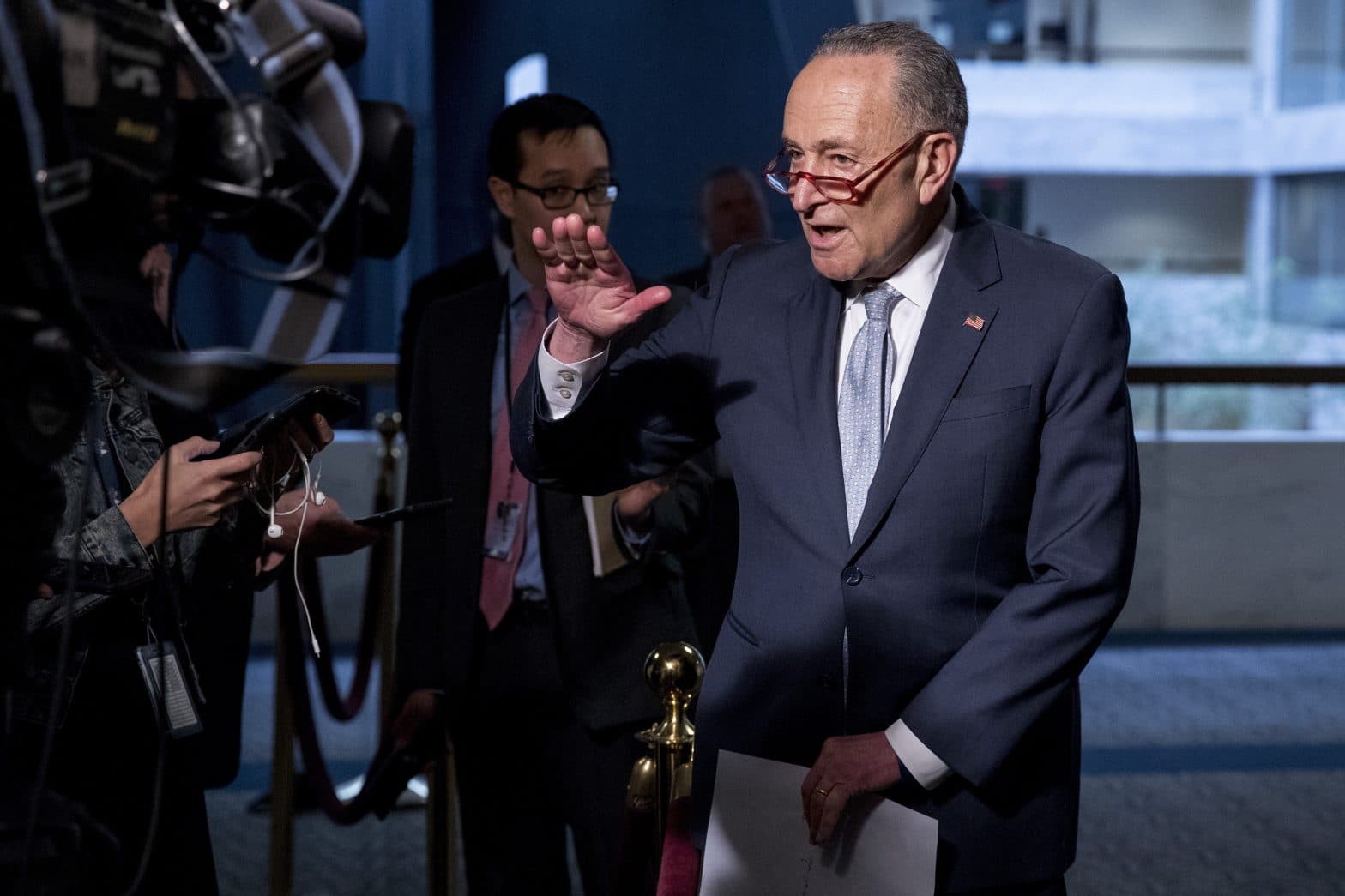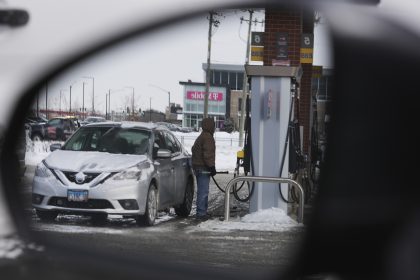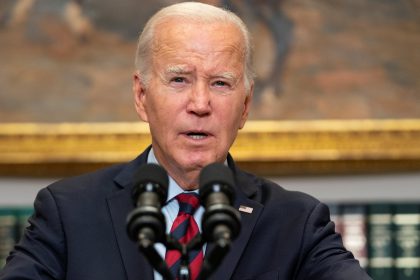White House, Congress Reach Bipartisan Deal on $500 Billion Virus Relief Bill

WASHINGTON – Congressional negotiators and the White House reached agreement Tuesday on a $500 billion coronavirus relief bill that includes $331 billion to replenish a small business rescue fund while also providing an additional $75 billion to hospitals.
The new bill also includes $25 billion to implement a nationwide coronavirus testing program, a necessary precursor to fully reopening the U.S. economy.
“I welcome this bipartisan agreement and hope the Senate will pass it quickly,” said Senate Majority Leader Mitch McConnell.
The Senate did just that, passing the measure by a voice vote just hours later on Tuesday afternoon.
Senate Democratic Leader Chuck Schumer announced the deal Tuesday morning, saying it was the result of a series of talks that extended well into the early-morning hours each time they were held.
Shortly after Schumer unveiled the deal, President Donald Trump tweeted he would sign the bill if it passes both chambers of Congress.
He also said he’s open to doing another bill to aid state and local governments — a provision left out of the current bill — and pay for a series of infrastructure projects.
Democrats had been pushing for another $150 billion in aid to state governments, and to add assistance for cities with populations of less than 500,000 that were shut out of the massive $2 trillion relief bill passed last month.
Schumer said he has talked to Federal Reserve Board Chairman Jerome Powell and that Powell said the Fed is working to open up the Main Street Lending program to nonprofits and municipal governments.
In a joint statement, Schumer and House Speaker Nancy Pelosi said the congressional Democrats had “flipped this emergency package from an insufficient Republican plan that left behind hospitals and health and frontline workers and did nothing to aid the survival of the most vulnerable small businesses on Main Street.
“We have achieved an agreement that follows the path set by the bipartisan CARES Act by strengthening the Paycheck Protection Program, expanding small business support beyond PPP by increasing funding for emergency disaster loans and grants and providing an additional $100 billion for hospitals,” they said.
Though they expressed disappointment that the administration had not agreed to more funding for state, tribal and local governments, Pelosi and Schumer said they were heartened the president “has committed to addressing this critical priority in CARES 2 and will work with urgency to see that this commitment is fulfilled”
House Majority Leader Steny Hoyer told reporters that House votes would occur Thursday.
He said the House will also vote on a proposal to allow proxy voting during the pandemic, a first for Congress, which has required in-person business essentially since its founding.
But Hoyer also insisted he wants to go further by opening committee hearings to remote ways of doing business during the crisis.
Both the Democrats and Republicans in Congress blamed their colleagues across the aisle for refusing to “negotiate in a bipartisan way delaying agreement on this legislation.”
“Now, Congress will move swiftly to bring this legislation to the floor and pass it this week, so that we can bring desperately-needed resources to those who are suffering,” Schumer and Pelosi said.
“As soon as it has passed in the House, we will advance CARES 2, which must be transformative and far-reaching. CARES 2 must recognize that the key to getting Americans back to work and ensuring economic security is putting the health and safety of the American people first and defeating this terrible virus,” they concluded.























